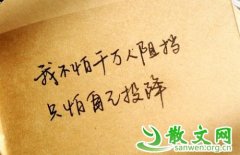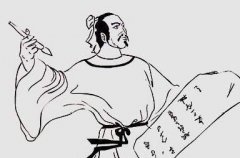月饼的传说
In the 14th century (AD 1280-1368) in the Yuan Dynasty of Genghis Khan, mooncakes helped bring about a revolution. A Chinese rebel leader named Liu Fu Tong devised a plan to arouse the Chinese people to rise up against the ruling Mongols, to end the oppressive Yuan dynasty. He obtained permission from the Mongolian leaders to give gifts to friends as a symbolic gesture, to honor the longevity of the Mongolian Emperor. These gifts were round mooncakes. Liu's plan was to place a piece of paper with the date of the revolt inside each mooncake, to inform his followers when to rise up. The coup date was the fifteenth night of the eighth month.
Noterevolution: n. 革命 arouse: vt. 唤起,引起 permission: n. 允许,许可When the people cut open the cakes and found the message, they set out on that appointed day to overthrow the Mongols, thus ending the Yuan dynasty.
Today, far from exotic and heroic deeds, Chinese communities all over the world make and eat mooncakes during the traditional Harvest Moon Festival to honor this tradition.
Noteoverthrow: vt. 打倒,推翻 exotic: adj. 外来的,外国来的







